The Dangers of DIY Contracts in Florida: Real Cases, Real Consequence
POSTED ON August 17, 2025
At Perez Mayoral, P.A., a Florida-based business litigation law firm, we regularly represent clients who end up in court because of poorly drafted or incomplete contracts. While online templates and contract builder apps are widely available, they often overlook important terms, fail to comply with Florida law, and create serious liability issues. If you are entering into an agreement or facing a contract dispute, call or email our Miami, FL small business lawyer.
DIY contracts may seem like a cost-saving solution, but in practice they often result in expensive litigation and unintended legal consequences. Hiring a contract lawyer can help you to avoid having to deal with common breach of contract defenses and litigation over other contract issues that arise from DIY contracts.
Ambiguous Language And Missing Terms
Ambiguity is one of the most common flaws in DIY contracts. Florida courts will allow the use of extrinsic evidence when a contract is unclear, but in some cases, ambiguity can render the agreement unenforceable altogether. See Universal Underwriters Ins. Co. v. Steve Hull Chevrolet, Inc., 513 So. 2d 218 (Fla. 1st DCA 1987). Patent ambiguity may void a contract, while latent ambiguity might be resolved only with clear evidence of the parties’ intent.
In one real case, a property owner hired a contractor to perform renovations, but the scope of work was never clearly defined. When delays and cost disputes arose, the vague language led to conflicting interpretations. The lawsuit settled only after months of litigation.
Many DIY contracts also lack key provisions. Common omissions include payment schedules, dispute resolution procedures, governing law, indemnity language, and confidentiality clauses. In one Florida case, a business hired a consultant based on a generic agreement that failed to define whether payment was hourly or project based. With no clear language, each side argued its own version, and the dispute landed in court.
Unintended Consequences In Employment Documents
Poorly drafted employee handbooks and HR policies can create binding employment agreements without the employer realizing it. Florida courts have found that language like “employees will only be terminated for cause” can override at-will employment status. See Quinlan v. Concourse Associates, Inc., 104 So. 3d 1073 (Fla. 4th DCA 2012).
In one case, a company lost a wrongful termination claim because its policy manual included language that implied employees could only be fired for cause. A simple disclaimer stating that the handbook was not a contract could have prevented that outcome.
Failure To Comply With Statutory Requirements
DIY forms often ignore legal formalities required under Florida law. For example, under the statute of frauds, certain contracts must be in writing and signed to be enforceable. See Fla. Stat. § 725.01. In one case, a landlord used a template lease for a three-year rental but failed to obtain signatures. When the tenant defaulted, the landlord discovered the lease was unenforceable.
Florida law also prohibits unlicensed contractors from enforcing contracts. See Fla. Stat. § 489.128. A business that hired an unlicensed subcontractor through a DIY agreement had no legal recourse when the work was defective.
Overly Broad Clauses
Generic contracts often include boilerplate language copied from other states. These provisions may violate Florida law or public policy.
For instance, a non-compete clause that restricts competition throughout Florida may be unenforceable unless it protects a legitimate business interest and is reasonably limited in scope and duration. See Fla. Stat. § 542.335. Similarly, a waiver that seeks to release liability for intentional misconduct will almost always be void.
In one case, a business attempted to enforce a release that waived all liability, including for gross negligence. The court ruled the clause unenforceable because Florida does not allow waivers that shield intentional or reckless conduct.
Recommendations
- Use industry-specific agreements: Generic forms do not reflect Florida’s legal requirements or the nuances of your industry.
- Define critical terms: Spell out payment terms, scope of work, deadlines, dispute resolution procedures, and termination rights.
- Comply with Florida statutes: Ensure the agreement meets requirements under the statute of frauds, licensing laws, and other applicable rules.
- Review employee materials carefully: Avoid language that may inadvertently create employment contracts. Include clear disclaimers.
Contact Us For A Consultation
If you are using a contract you drafted yourself or are in a dispute involving a poorly written agreement, Perez Mayoral, P.A. can help. We represent clients throughout Florida in breach of contract and commercial litigation matters. Call or email us to schedule a consultation.
Your property. Your rights. Our fight.
